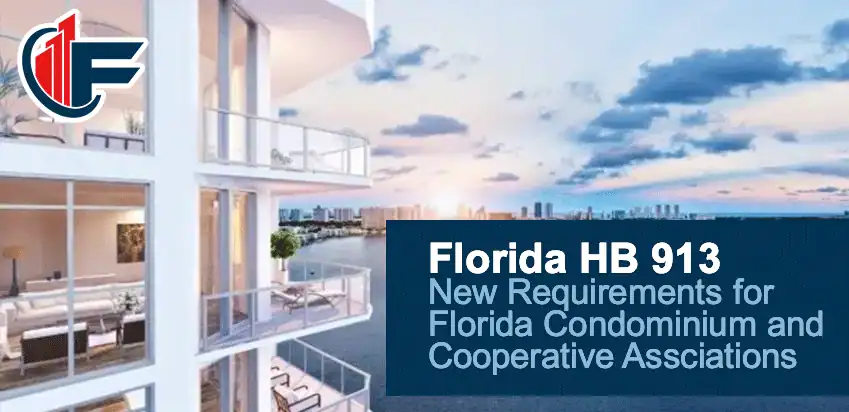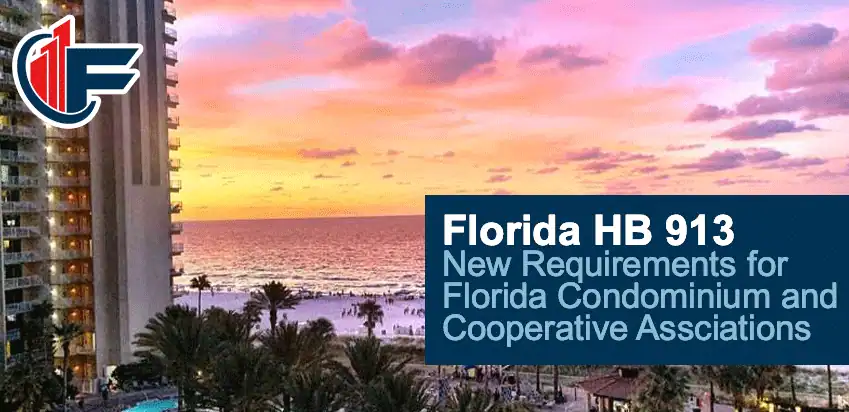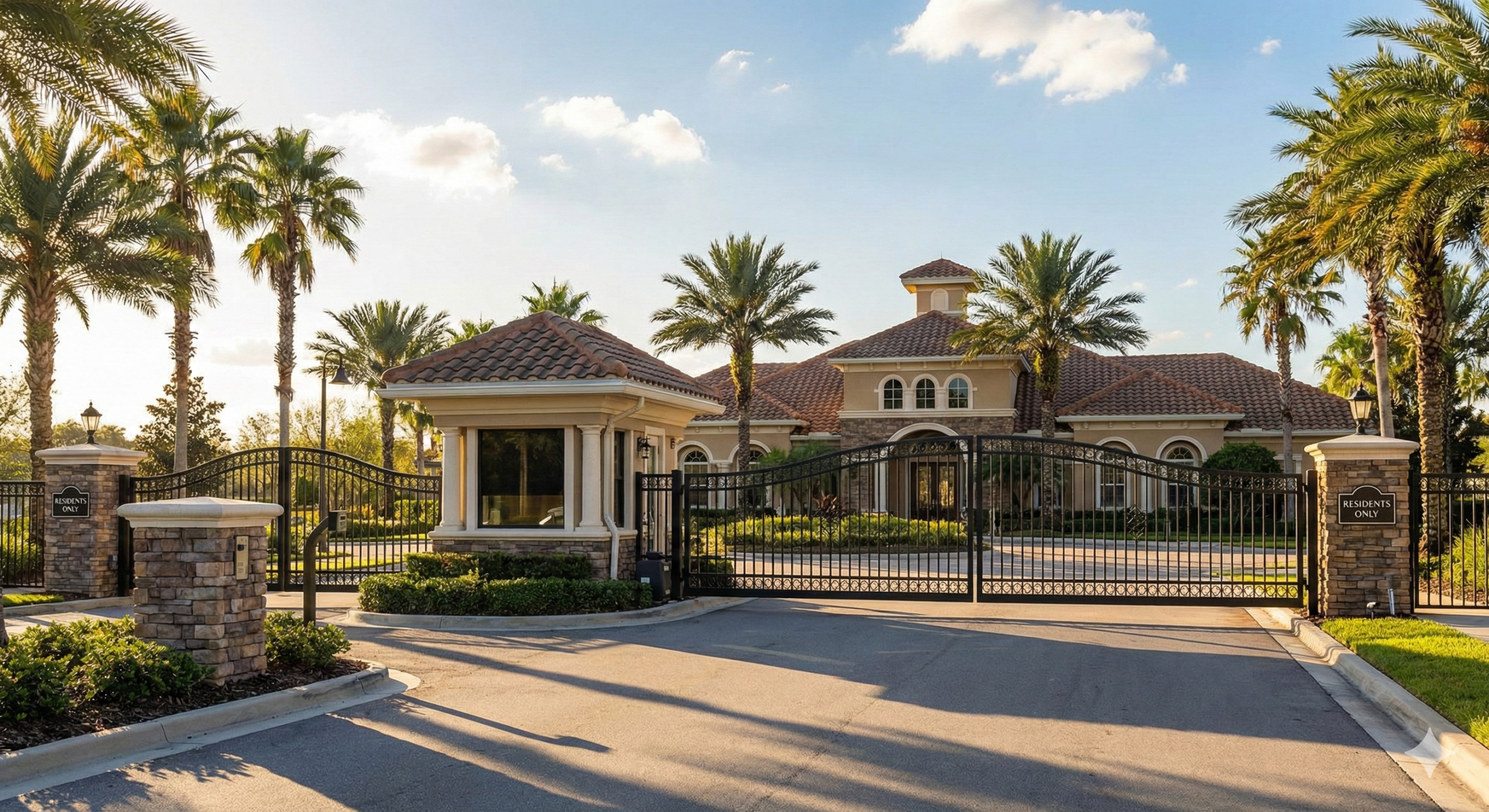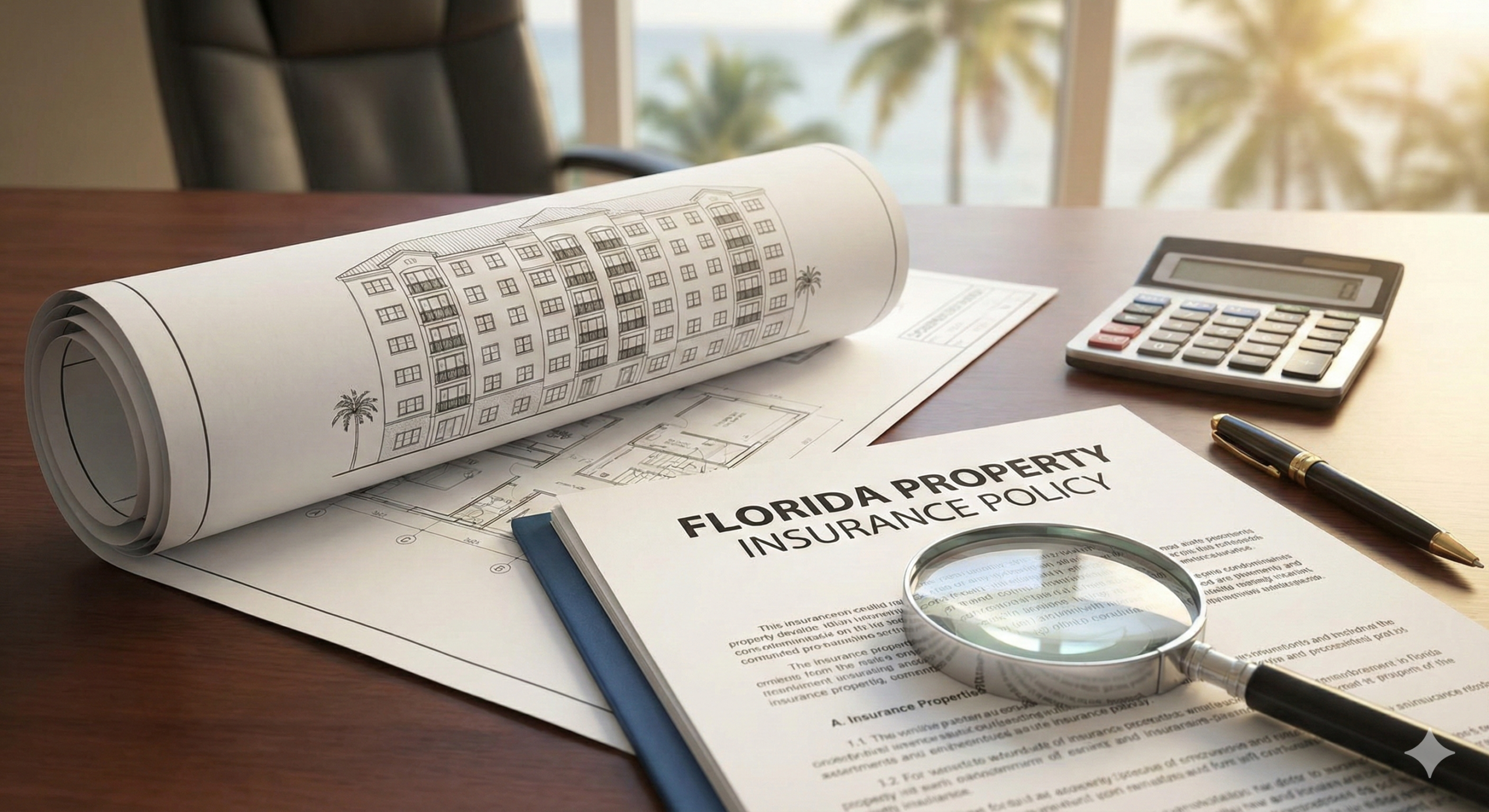As a board member or property manager of a Florida condo association, you’re not just managing a building—you’re safeguarding a community. You want to keep everything running smoothly, meet your insurance demands without drama, and ensure your property stands strong against hurricanes and regulations. But with HB 913 now fully in effect since July 1, 2025, the focus shifts to ongoing compliance: funding your SIRS reserves starting January 1, 2026, while navigating Florida’s relentless weather challenges like hurricanes and flooding. You’re likely seeking confirmation that your reserves are storm-ready, your association is compliant, and residents remain safe without financial surprises.
The reality? Many associations completed their initial SIRS by the extended December 31, 2025 deadline, but now the emphasis is on implementation—full funding of critical structural components, annual adjustments, and preparing for future 10-year cycles amid rising costs from inflation and weather events. Internally, concerns persist: “Are our reserves sufficient for the next storm? How do we handle the updated $25,675 threshold?” It can feel overwhelming, but you don’t have to face it alone.
That’s where FPAT steps in as your trusted local guide. We empathize: We’ve supported countless Florida condo leaders from Tampa to Miami through SIRS compliance, insurance demands, and weather-related risks. As Florida’s reserve study experts, we help associations account for our state’s unique hurricane and flood vulnerabilities. We’re here to provide clarity and actionable solutions. For a deeper look at HB 913’s broader impact, read our post on HB 913: Florida 2025 Condo Association Rules.
What is a Structural Integrity Reserve Study (SIRS)?
In the wake of the 2021 Surfside tragedy, SIRS remains Florida’s essential safeguard—a mandatory reserve study ensuring condos fund repairs for vital structural elements amid our state’s relentless weather challenges. For associations in areas like Gainesville or Tampa, where hurricanes accelerate wear on roofs, foundations, and waterproofing, HB 913’s provisions (now in full effect) continue to refine compliance by focusing on major components (threshold adjusted to $25,675 in 2026 for inflation) and offering funding flexibility. This keeps reserves storm-ready without surprise shortfalls. For a full dive into SIRS fundamentals, requirements, and why it matters for ongoing compliance, check out our comprehensive guide: Understanding SIRS Reserve Requirements in Florida.
Why SIRS is Crucial for Your Association
Underfunded reserves can lead to special assessments that frustrate residents or, worse, structural risks during storms. SIRS empowers you to plan ahead, maintaining safety and financial stability in Florida’s storm-prone climate—especially now that full funding for SIRS components is mandatory starting 2026.
Key Florida SIRS Requirements
Florida’s SIRS rules, rooted in Senate Bill 4-D and refined by HB 913, apply to condos and co-ops with buildings of three or more habitable stories. Here’s the breakdown:
Who Must Comply?
- Associations with buildings three or more habitable stories (per Florida Building Code), including four-family dwellings under HB 913.
- Exemptions: Buildings with fewer than three habitable stories or four or fewer units (though other rules may apply).
Timeline
- Conduct a SIRS every 10 years.
- Initial deadline met: Extended to December 31, 2025, by HB 913—most associations should now have their first study complete.
- Ongoing: Update every 10 years or sooner if significant changes occur; align with milestone inspections where applicable.
Required Components
Performed by a licensed engineer or architect, the SIRS must evaluate and fund these structural elements (Florida Statutes Chapters 718/719):
| Key HB 913 Updates for SIRS Requirements & Components (Now in Effect for 2026) |
|---|
| With HB 913 fully implemented, focus shifts to mandatory full funding starting January 1, 2026. Unlike standard SIRS basics (explore in our Understanding SIRS Reserve Requirements in Florida), HB 913 provides flexibility for associations with: – Higher Component Threshold: Adjusted to $25,675 in 2026 (annual inflation update) for major components (e.g., roofs, foundations, waterproofing), prioritizing high-impact repairs. – Funding Flexibility: Continued options for loans, lines of credit, or assessments (majority vote for alternatives); temporary pauses for storm-damaged buildings remain available under specific conditions. – Location-Specific Costs: Typical SIRS updates or initial implementations for mid-size condos in Gainesville or Tampa range from $5,500–$16,500 in 2026, with costs rising 20–30% post-hurricane due to urgent inspections and material inflation. FPAT’s tailored studies start at competitive rates, ensuring compliance without breaking the bank. Ready to review or update your SIRS? |
How HB 913 Enhances SIRS Compliance (Fully in Effect for 2026)
For associations facing higher flood risks in Gainesville or Tampa, HB 913’s baseline funding keeps reserves positive, preventing post-storm shortfalls—expect 15–30% higher reserves for waterproofing and other weather-impacted components in 2026.
Deadline and Scope Adjustments
- Initial SIRS completed by December 31, 2025.
- Clarifies “habitable stories” excludes non-residential floors; includes four-family dwellings.
Funding Innovations
- Options: Regular/special assessments, loans, or lines of credit (majority vote required for alternatives).
- Temporary Pause: Up to two years for storm-damaged buildings (if conditions met); requires new SIRS before resuming.
- Pooling/Straight-Line Switch: No owner vote needed.
- Uninhabitable Buildings: Pause funding without approval if declared unsafe.
Transparency Measures
- Conflict Disclosures: Inspectors must reveal bidding interests; non-disclosure voids contracts.
- Standardized Form: DBPR uniform SIRS template in use.
These changes balance safety with affordability. For full HB 913 details, explore Understanding HB 913 and How FPAT Can Help.
Your Simple Plan to SIRS Success with FPAT
Don’t go it alone—follow this straightforward path:
- Contact FPAT: Reach out via phone or email to discuss your 2026 funding status or update needs—we’re listening.
- Get a Customized Review/Proposal: In 3–5 days, receive a plan tailored to your building, current laws, and risks like hurricanes.
- Implement or Update Your SIRS: Our experts ensure compliant funding, recommendations, and peace of mind.
See how we’ve helped others in Case Study: How FPAT Helped a Tampa Condo Meet SIRS Compliance. For cost insights, visit Reserve Study Cost in Florida.
Avoid location-specific failures like underfunded foundations after heavy rains in Gainesville or Tampa.
Ignore ongoing SIRS funding, and you risk:
- Insurance rejection or penalties.
- Surprise assessments from underfunded reserves—see Avoiding Special Assessments: A Guide for Florida Condos.
- Legal issues from non-compliance.
- Ongoing stress damaging your leadership credibility.
Achieve the Happy Ending
With FPAT’s help, you’ll have:
- A funded SIRS that satisfies insurers and regulators.
- Reserves ready for Florida’s 2026 challenges—no surprises.
- Confident residents and your well-deserved peace.
- Transformation from concerned to empowered leader.
Take Action Now
Contact FPAT today to review your SIRS funding or schedule an update and secure your community’s future. Or start with our free resource: Download Educational Resources for Property Managers on Reserve Studies for instant guidance.
For location-specific tips, check Reserve Study Requirements for Tampa Condos, Reserve Study Miami Fort Lauderdale SIRS Compliance, Why Choose Reserve Study Companies in Orlando and SIRS Compliance for Orlando Buildings, or Condo Reserve Studies Clearwater St Petersburg. Also, explore Top 5 Reasons for a Reserve Study in Florida, What to Expect from a Reserve Study Inspection in Florida, Financial Planning for HOAs: The Role of Reserve Studies, and Your Trusted Guide in Florida’s Condo Chaos.







